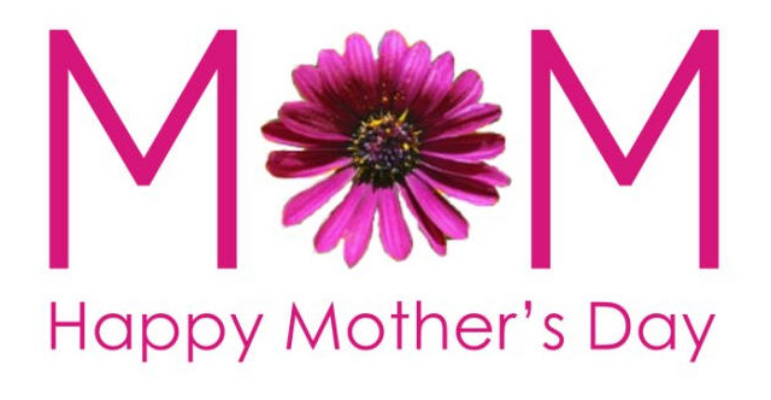Translators and translation agencies are often asked to translate important national holidays and important events. Sooner or later, they will have to find out what is the origin of Mother’s Day and then translate the events surrounding this important day.
When visiting Europe in the month of May, you will be struck by the number of shops that sell items related to Mother’s Day. This is a time of the year when people buy items in large numbers to commemorate Mother’s Day.
Not an easy translation
The translation of Mother’s Day is not as easy as you may expect it to be. This important holiday is actually dedicated to the Virgin Mary and has been celebrated for many centuries in different parts of Europe. Its traditions may actually go back a long time in history.
Celebrated in the UK
These days people celebrate Mother’s Day in a more secular manner and people in the United Kingdom actually draw from the origins of Mother’s Day. During World War II, American soldiers who came to England and Europe brought with them their own version of Mother’s Day. Without a doubt, Mother’s Day is a very secular holiday that has amalgamated with several religions over time.
Different than Mothering Sunday
In the United Kingdom, Mother’s Day is celebrated in a different way to Mothering Sunday even though the two holidays are celebrated in more or less the same way. However, in other countries, these two holidays were merged and is normally celebrated at the beginning of the month of May and sometimes, towards the end of May.
Different in Italy and Spain
The origins of Mother’s Day are slightly more different when you look at other European countries such as Italy and Spain. In these countries, Mother’s Day is celebrated in a more religious manner and the people in these countries put a lot of emphasis on bestowing honor on the Virgin Mary.
So, when translating the origins of Mother’s Day in Spanish, you may have to translate this holiday as El Dia De la Madre while in Italy, the translation would be La fest Della mamma. These two translations show that different countries celebrate Mother’s Day in different ways.
Muttertag in Germany
However, it does not matter where Mother’s Day is being celebrated and it is also not important whether the day is celebrated in a religious manner or not. In Germany for example, Muttertag is celebrated very much like in Spain’s Dia de la Madre.
The translation of Mother’s Day is really nothing but a way to express people’s gratefulness and these celebrations go way beyond everyday gestures. It would be safe to say that the translation of Mother’s Day is all about celebrating one’s mother and her accomplishments. The origins of Mother’s Day were traced to a cardboard box that was misplaced in a church in West Virginia, USA.
This box contained documents that were over a century old and they revealed the story of Anna Jarvis who embarked on a crusade to make Mother’s Day a holiday to be observed in different parts of the world.

